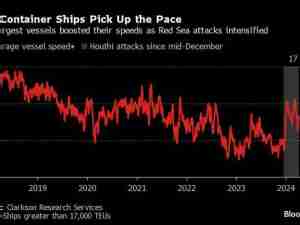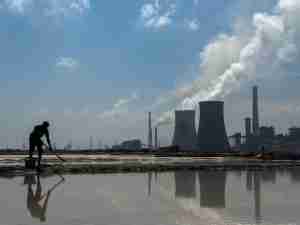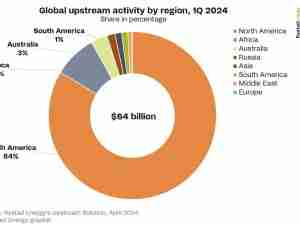Taiwan’s Zerova Technologies is riding a boom spurred by demand for greener cars in the US. The maker of electric-vehicle charging systems is also navigating Joe Biden’s Inflation Reduction Act, and according to Chief Executive Officer Jay Yang, it isn’t an altogether positive law.
His take is that efforts to minimize reliance on China in the EV supply chain and encourage automakers to shift manufacturing to the US will raise costs for American consumers.
Zerova has a manufacturing facility in the US and sources materials there. Higher labor expenses means the company’s costs are as much as 80% greater than in Asia, Yang said. That expense is destined to be passed onto the consumer, he said.
The cost for the sorts of charging infrastructure Zerova makes — large structures that look like futuristic gas stations and that can charge multiple cars at a time — could double because of the IRA, Yang forecasts. The US currently has around 130,000 public EV charging points, according to White House estimates, and plans to build a national network of 500,000 to help ensure EVs make up at least 50% of new-car sales by 2030.
Ultimately, however, Yang believes localizing supply chains is a good thing. The alternative is to heavily subsidize EVs and risk putting up with a supply chain that’s very reliant on China, especially around EV batteries.
“The IRA is a good idea for the US because EVs are a new business,” Yang said. In the long run, “it’s going to create a lot of job opportunities.”
That also goes for Zerova, which was spun out of power-supply equipment maker Phihong Technology Co. last year. It’s grown from around 20 engineers to 220 currently and now has a total of around 600 employees in Fremont, California, Amsterdam, Japan and China. Zerova is also setting up a presence in Vietnam and Hong Kong.
While Yang didn’t put a number on Zerova’s planned US investment, money is already flowing as the US pushes for greater control of the EV supply chain — companies announced about $35 billion of investment in the North American EV supply chain from the passage of IRA through early this month, according to BloombergNEF.
Ford Motor Co. recently announced a $3.5 billion investment with battery giant Contemporary Amperex Technology Co. Ltd., Honda Motor Co. and South Korea’s LG Energy Solution Ltd. are spending $4.4 billion to build a new battery plant, and Panasonic Holdings Corp., a key supplier to Tesla Inc., has committed a similar amount for a cell production site in Kansas.
Zerova plans to double revenue this year and counts the US and Europe as its top markets. Longer term, the company hopes to capture at least 10% of the global market for EV charging stations.



_-_28de80_-_939128c573a41e7660e286f3686f2a6e25686350_yes.jpg)






